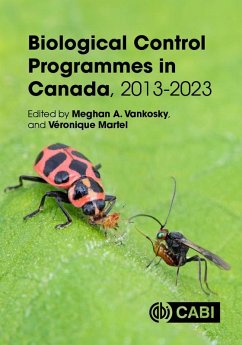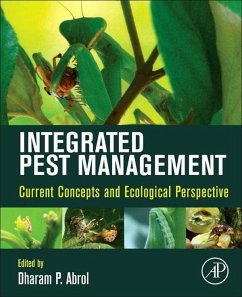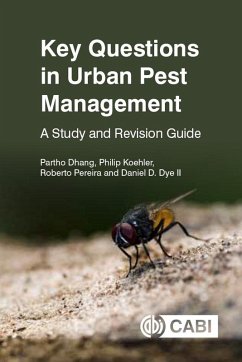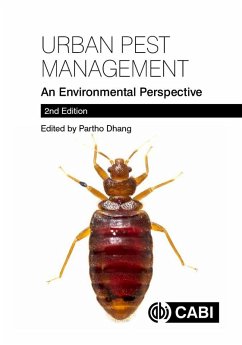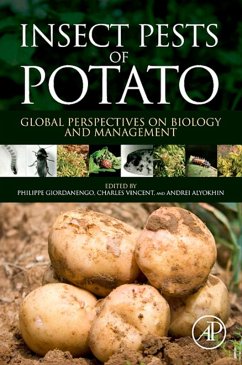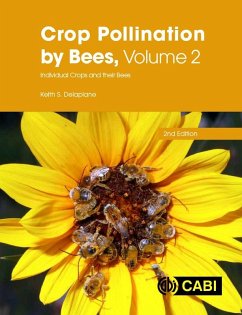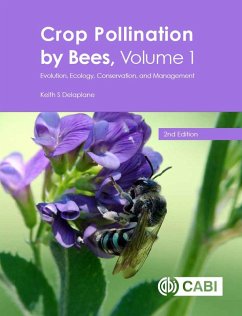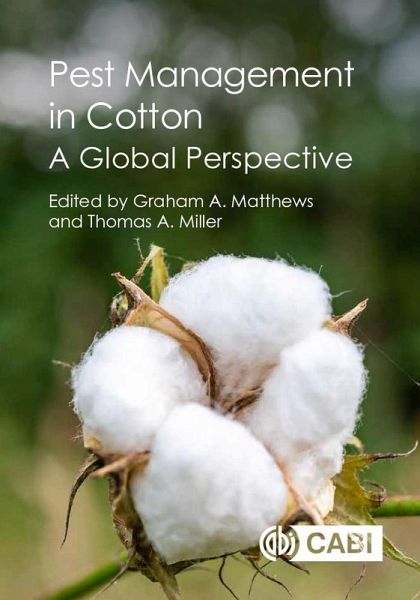
Pest Management in Cotton (eBook, ePUB)
A Global Perspective
Redaktion: Matthews, Graham; Miller, Thomas
Versandkostenfrei!
Sofort per Download lieferbar
101,95 €
inkl. MwSt.
Weitere Ausgaben:

PAYBACK Punkte
51 °P sammeln!
This book presents a global overview of the background to, and the current state of, crop protection and pest management in cotton crops. Cotton is one of the most economically important crops in the world and has been grown for centuries but maintaining high yields of good quality requires sophisticated approaches to pest management. The introduction and use of pesticides over the decades significantly increased cotton yields but lead to many adverse environmental impacts. Over time, new and alternative insecticides were developed but overuse has enabled pests to develop significant resistanc...
This book presents a global overview of the background to, and the current state of, crop protection and pest management in cotton crops. Cotton is one of the most economically important crops in the world and has been grown for centuries but maintaining high yields of good quality requires sophisticated approaches to pest management. The introduction and use of pesticides over the decades significantly increased cotton yields but lead to many adverse environmental impacts. Over time, new and alternative insecticides were developed but overuse has enabled pests to develop significant resistance. The development of genetically modified cotton varieties with toxins derived from Bacillus thuringiensis enabled much improved control of lepidopteran larvae, including bollworms, but as the toxins had no effect on sucking pests, farmers had no choice but to continue using insecticides. Also, some of the new cotton varieties developed in recent times have not adapted to different climatic conditions and the quality of cotton fibre declined as a result. This book shows the need for more research to select cotton varieties with high quality fibres suitable for different cotton growing areas and to develop integrated pest management strategies to minimise the use of pesticides. It also demonstrates the need for an inter-disciplinary approach bringing together plant breeders, entomologists, plant pathologists, agronomists and agricultural engineers to achieve high yields of high quality cotton. In the future, farmers will need to adopt new technology to determine when and how pesticides are used in conjunction with cultural and biological control strategies. · Emphasises the importance of research on growing cotton in a world experiencing climate change · Demonstrates how crucial crop protection is in achieving high yields of high quality cotton · Shows how new technology will bring major changes in how cotton is grown in the future
Dieser Download kann aus rechtlichen Gründen nur mit Rechnungsadresse in A, D ausgeliefert werden.




